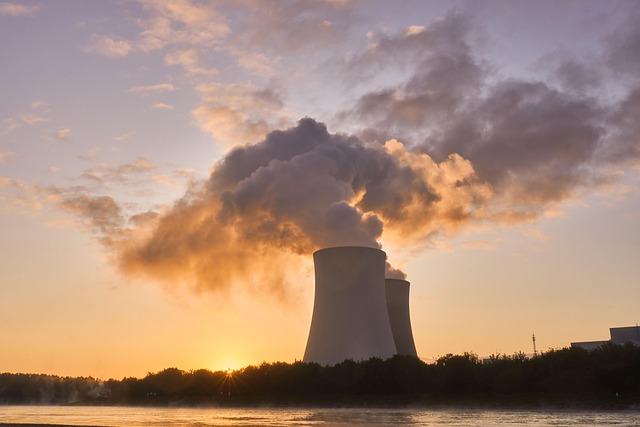
Nuclear Weapons
Understanding Nuclear Weapons
Nuclear weapons are among the most powerful and destructive tools ever created by humankind. Their potential to cause devastation is staggering, and their history is deeply intertwined with global politics and conflicts. Let’s delve into what nuclear weapons are, how they work, and the implications they hold for our world.
What Are Nuclear Weapons?
Nuclear weapons are explosive devices that derive their destructive force from nuclear reactions, either fission (splitting atomic nuclei) or fusion (combining them). The energy released is measured in tons of TNT, with some weapons like the Tsar Bomba yielding up to 50 megatons—an unimaginable amount of power! 🌍
A Brief History
The first and only uses of nuclear weapons in conflict occurred during World War II, when the United States dropped bombs on Hiroshima and Nagasaki in 1945. This tragic chapter in history marked a turning point, showcasing the devastating effects of nuclear warfare and leading to a global conversation about arms control and disarmament.
Nuclear Deterrence
One of the primary strategies surrounding nuclear weapons is deterrence. The idea is simple yet profound: if countries possess nuclear weapons, the threat of mutual destruction can prevent them from engaging in full-scale wars. This concept, known as mutually assured destruction (MAD), has shaped military strategies for decades, particularly during the Cold War. The thought of unleashing such catastrophic consequences has, in many ways, kept the peace. But at what cost? 🤔
The Cold War and Arms Race
The Cold War era was defined by an intense arms race, as nations sought to develop and stockpile nuclear weapons to assert their power. This competition led to the creation of sophisticated delivery systems, including intercontinental ballistic missiles (ICBMs) and submarine-launched ballistic missiles (SLBMs). The race was not just about the weapons themselves but also about the technology to deliver them effectively, creating a tense atmosphere of distrust and fear.
The Ongoing Debate
Today, the conversation around nuclear weapons continues to evolve. While some argue that they are necessary for national security, others believe that their existence poses an existential threat to humanity. The potential for accidents, miscalculations, and the proliferation of nuclear technology to rogue states are pressing concerns that cannot be ignored.
Conclusion
Nuclear weapons serve as a stark reminder of humanity’s capacity for both creation and destruction. As we navigate the complexities of international relations and strive for a more peaceful world, the dialogue surrounding these powerful weapons remains crucial. It’s a delicate balance between security and the moral imperative to prevent catastrophic harm. 💖

















 The Future of Gaming: The PlayStation Portal
The Future of Gaming: The PlayStation Portal 
 Health
Health  Fitness
Fitness  Lifestyle
Lifestyle  Tech
Tech  Travel
Travel  Food
Food  Education
Education  Parenting
Parenting  Career & Work
Career & Work  Hobbies
Hobbies  Wellness
Wellness  Beauty
Beauty  Cars
Cars  Art
Art  Science
Science  Culture
Culture  Books
Books  Music
Music  Movies
Movies  Gaming
Gaming  Sports
Sports  Nature
Nature  Home & Garden
Home & Garden  Business & Finance
Business & Finance  Relationships
Relationships  Pets
Pets  Shopping
Shopping  Mindset & Inspiration
Mindset & Inspiration  Environment
Environment  Gadgets
Gadgets  Politics
Politics 